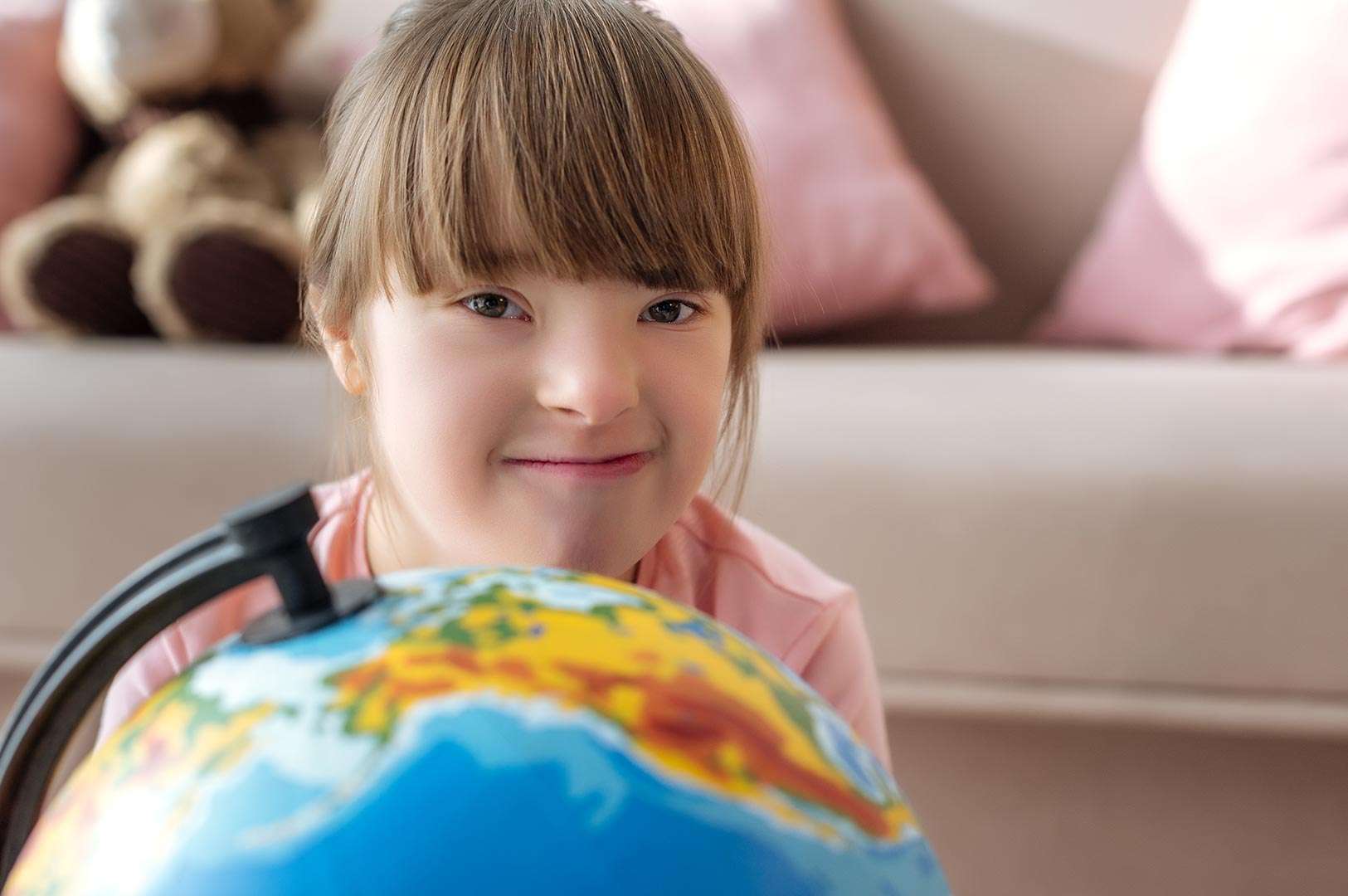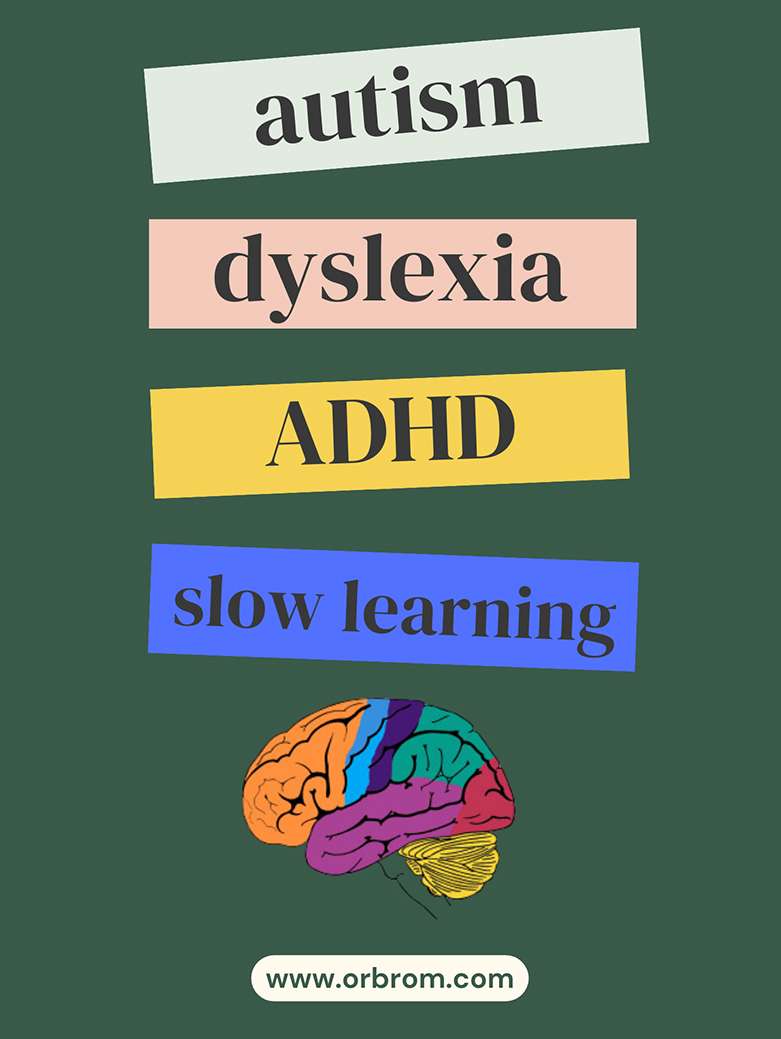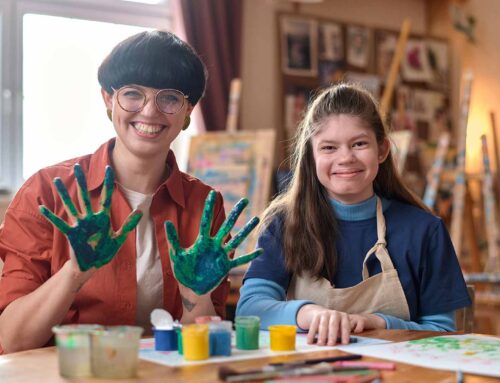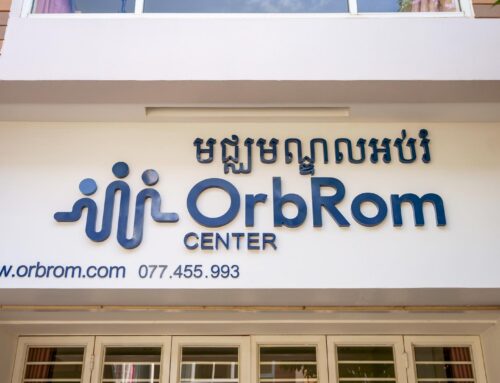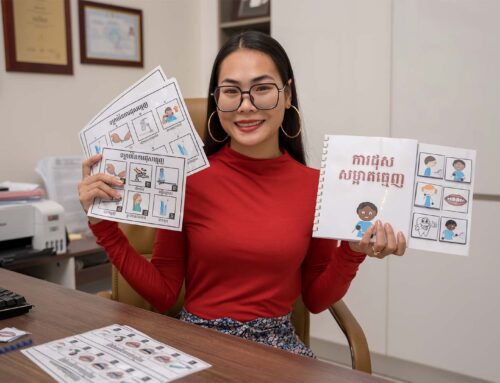Down syndrome is a genetic disorder that occurs when a person has an extra copy of chromosome 21. This can cause physical, intellectual, and developmental delays. In Khmer, Down syndrome is known as ដោនស៊ីនដ្រូម (pronunciation: down-seen-drom).
Causes of Down syndrome
Down syndrome is caused by an error in cell division that occurs during development. In most cases, the extra copy of chromosome 21 comes from the mother’s egg. However, it can also come from the father’s sperm.
There are three types of Down syndrome, depending on how the extra copy of chromosome 21 is inherited:
- Trisomy 21: This is the most common type of Down syndrome. It occurs when a person has three copies of chromosome 21 instead of two.
- Translocation Down syndrome: This type of Down syndrome occurs when a piece of chromosome 21 breaks off and attaches to another chromosome.
- Mosaic Down syndrome: This type of Down syndrome occurs when some cells in the body have two copies of chromosome 21 and other cells have three copies.
Symptoms of Down syndrome
People with Down syndrome may experience a variety of physical and developmental delays. Some of the most common symptoms include:
- Physical characteristics: People with Down syndrome often have a short neck, a flat facial profile, and almond-shaped eyes. They may also have small hands and feet, and a single crease across the palm of their hand.
- Intellectual and developmental delays: People with Down syndrome typically have some degree of intellectual disability. They may also have delays in speech and language development, motor skills development, and social skills development.
- Health problems: People with Down syndrome are at increased risk for a number of health problems, including heart defects, thyroid problems, and hearing loss.
Diagnosis of Down syndrome
Down syndrome can be diagnosed before birth through prenatal screening tests, such as amniocentesis and chorionic villus sampling. It can also be diagnosed after birth through a physical exam and blood tests.
Treatment for Down syndrome
There is no cure for Down syndrome, but there are a number of treatments and interventions that can help people with Down syndrome reach their full potential. These treatments and interventions may include:
- Early intervention: Early intervention services can help people with Down syndrome develop the skills they need to live independently.
- Educational support: People with Down syndrome may need additional support in school to help them succeed academically.
- Vocational training: Vocational training can help people with Down syndrome develop the skills they need to find and keep a job.
- Medical care: People with Down syndrome should see a doctor regularly to monitor their health and to get treatment for any health problems that may develop.
Living with Down syndrome
People with Down syndrome can live long and fulfilling lives. With the right support and services, people with Down syndrome can participate in their communities, have jobs, and live independently.
How to support people with Down syndrome
There are many ways to support people with Down syndrome and their families. Here are a few ideas:
- Educate yourself about Down syndrome. The more you know about Down syndrome, the better equipped you will be to support people with Down syndrome and their families.
- Be respectful and inclusive. Treat people with Down syndrome with the same respect that you would treat anyone else. Include people with Down syndrome in your social activities and community events.
- Advocate for people with Down syndrome. Speak out against discrimination against people with Down syndrome. Support organizations that are working to improve the lives of people with Down syndrome.
Conclusion
Down syndrome is a genetic disorder that can cause physical, intellectual, and developmental delays. However, people with Down syndrome can live long and fulfilling lives with the right support and services. If you know someone with Down syndrome, please be supportive and inclusive. Together, we can create a world where everyone is valued and respected.
Services for Autism, ADHD, Dyslexia, Spelling Difficulty, social and slow learning, Down Syndrome, and Selective Mutism. OrbRom is the best option in Phnom Penh.
If you are concerned about your child’s development, Contact OrbRom Center for Assessments.
Phone/Telegram: 077.455.993
Telegram Link: https://t.me/OrbRom

